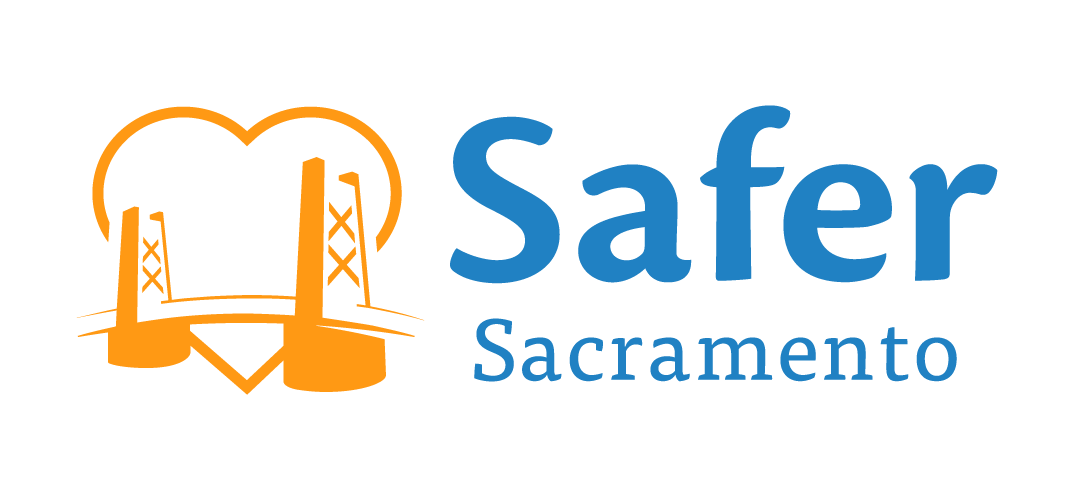Recovery Options for Substance Use Disorder
Recovery from substance use disorder (SUD) is a long-term process that involves various options and support systems tailored to meet the individual’s needs. Here are some key recovery options:
Self-Help and Peer Support Groups
12-Step Programs: Groups like Alcoholics Anonymous (AA) and Narcotics Anonymous (NA) provide peer support through a structured, step-by-step approach to recovery.
Non-12-Step Programs: Alternatives like SMART Recovery, LifeRing, and Secular Organizations for Sobriety (SOS) offer different approaches to peer support.
Peer Support Specialists: Individuals with lived experience who provide guidance, support, and encouragement to others in recovery.
Counseling and Therapy
Individual Therapy: One-on-one sessions with a therapist to address underlying issues, develop coping strategies, and work through personal challenges.
Group Therapy: Facilitated by a professional, group therapy provides support, feedback, and encouragement from peers in recovery.
Family Therapy: Involves family members to improve communication, address family dynamics, and support the recovery process.
Medication-Assisted Treatment (MAT)
Opioid Use Disorder: Medications like methadone, buprenorphine, and naltrexone help manage cravings and withdrawal symptoms.
Alcohol Use Disorder: Medications such as disulfiram, acamprosate, and naltrexone can reduce cravings and the risk of relapse.
Combined with Therapy: MAT is most effective when combined with behavioral therapies.
Sober Living Homes
Transitional Housing: Sober living homes provide a structured, supportive environment for individuals transitioning from residential/inpatient treatment to independent living.
Community Support: Residents support each other in maintaining sobriety and developing life skills.
Lifestyle and Wellness Programs
Exercise and Nutrition: Regular physical activity and a healthy diet can improve overall well-being and support recovery.
Mindfulness and Meditation: Practices such as yoga, meditation, and mindfulness can help manage stress and cravings.
Hobbies and Interests: Engaging in new or existing hobbies can provide a sense of purpose and fulfillment.
Relapse Prevention Programs
Continued Therapy: Ongoing counseling and therapy sessions help individuals develop and refine relapse prevention strategies.
Support Networks: Building a strong support network of friends, family, and peers in recovery is crucial for long-term success.
Coping Skills: Learning and practicing effective coping skills to handle triggers and stressful situations.
Education and Vocational Training
Skill Development: Educational programs and vocational training can help individuals gain new skills and improve employability.
Career Counseling: Career counseling and job placement services support individuals in finding meaningful employment.
Integrated Treatment for Co-occurring Disorders
Dual Diagnosis Programs: Treat both substance use disorder and co-occurring mental health conditions simultaneously for better outcomes.
Collaborative Care: Involves a team of healthcare providers, including psychiatrists, psychologists, and addiction specialists.
Aftercare and Continued Support
Ongoing Check-Ins: Regular follow-up appointments with healthcare providers to monitor progress and address any issues.
Recovery Coaching: Recovery coaches provide ongoing support, guidance, and accountability to help individuals stay on track.
Technology-Based Support
Recovery Apps: Mobile apps designed to support recovery by providing resources, tracking progress, and connecting with support groups.
Telehealth Services: Online therapy and counseling sessions for convenient access to professional support.
Taking the Steps to Recovery
Recovery from SUD is an ongoing process that requires a multifaceted approach. Combining various recovery options tailored to individual needs can provide the best chance for long-term success and a fulfilling, substance-free life.



